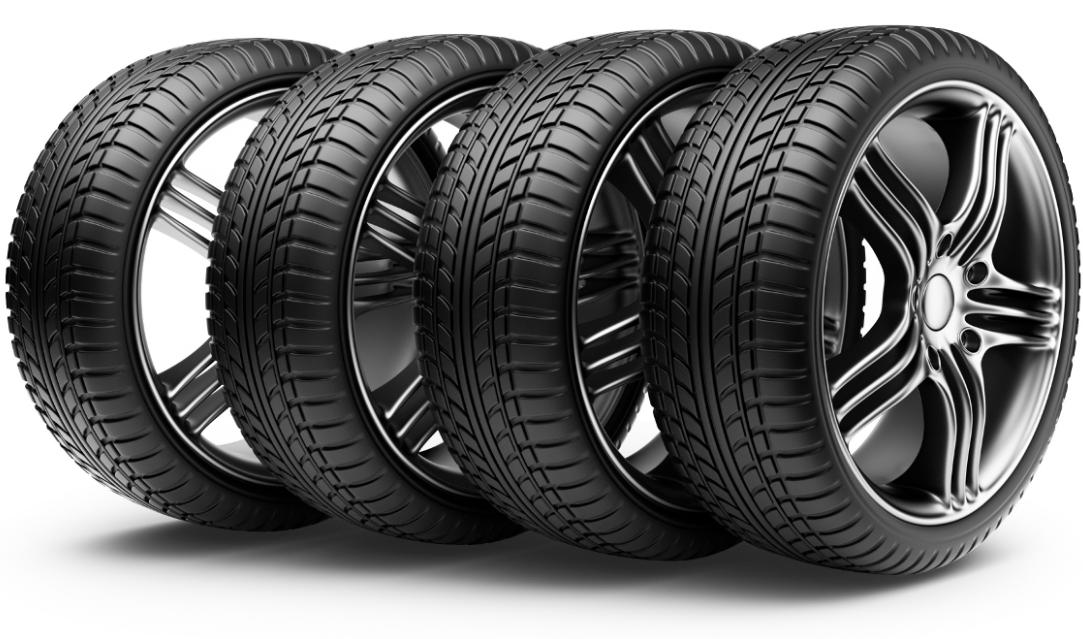When it comes to tyre prices, many vehicle owners fall victim to misconceptions that can influence their purchasing decisions. These essential components of your vehicle’s safety and performance are often surrounded by myths that lead to confusion and unnecessary spending. In this blog, we’ll debunk five of the most common myths about the cost of tyres to help you make decisions when it’s time to replace them.
1. Expensive Tyres Are Always Better Quality
It’s a common belief that the more you pay, the better the quality. While premium options often come with advanced features, such as longer lifespan and superior performance, it doesn’t mean that mid-range or budget options are necessarily poor quality.
In many cases, these products are manufactured by reputable brands and offer excellent value for money, especially if you choose those that suit your driving needs. Quality isn’t always tied to price, so it’s important to do your research before making a purchase.
2. All Tyres Are Priced the Same Across the Market
Another myth is that prices are the same across all suppliers. While the cost of a new set may seem similar at first glance, there can be significant differences depending on where you buy them.
Local retailers, online stores, and large chains can have varying rates, and even the same product might be priced differently based on location or retailer’s stock. Shopping around, comparing prices, and checking for promotions or discounts can help you find the best deal for your budget.

3. You Should Always Choose the Cheapest Option
Opting for the least expensive choice might seem like a good way to save money initially, but this can actually be detrimental in the long run. Cheaper models may lack the durability and performance features of higher-quality alternatives, leading to more frequent replacements and potential safety concerns.
It’s important to balance cost with quality to ensure you’re not sacrificing safety or vehicle performance.
4. Prices Don’t Change Throughout the Year
Many believe that the cost of replacements remains constant year-round, but this is far from true. Prices can fluctuate based on various factors, including demand, seasonal changes, and even manufacturer price adjustments.
For example, you might find better deals during off-peak seasons when demand is lower, or you may catch a discount during special sales events.
5. Fitting Costs Are Always Extra
Many consumers assume that the cost of replacements only covers the products themselves, with fitting fees being an additional expense. However, many retailers offer fitting services as part of the overall package, making it a more cost-effective solution.
It’s important to check with your supplier whether fitting and balancing are included in the price to avoid unexpected costs.
Understanding the truth behind car tyre prices can help you avoid costly mistakes when purchasing new replacements. By debunking these myths, you can make more informed choices, saving money without compromising on quality or safety.



